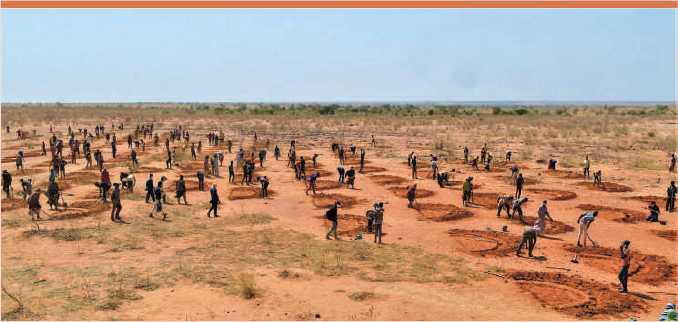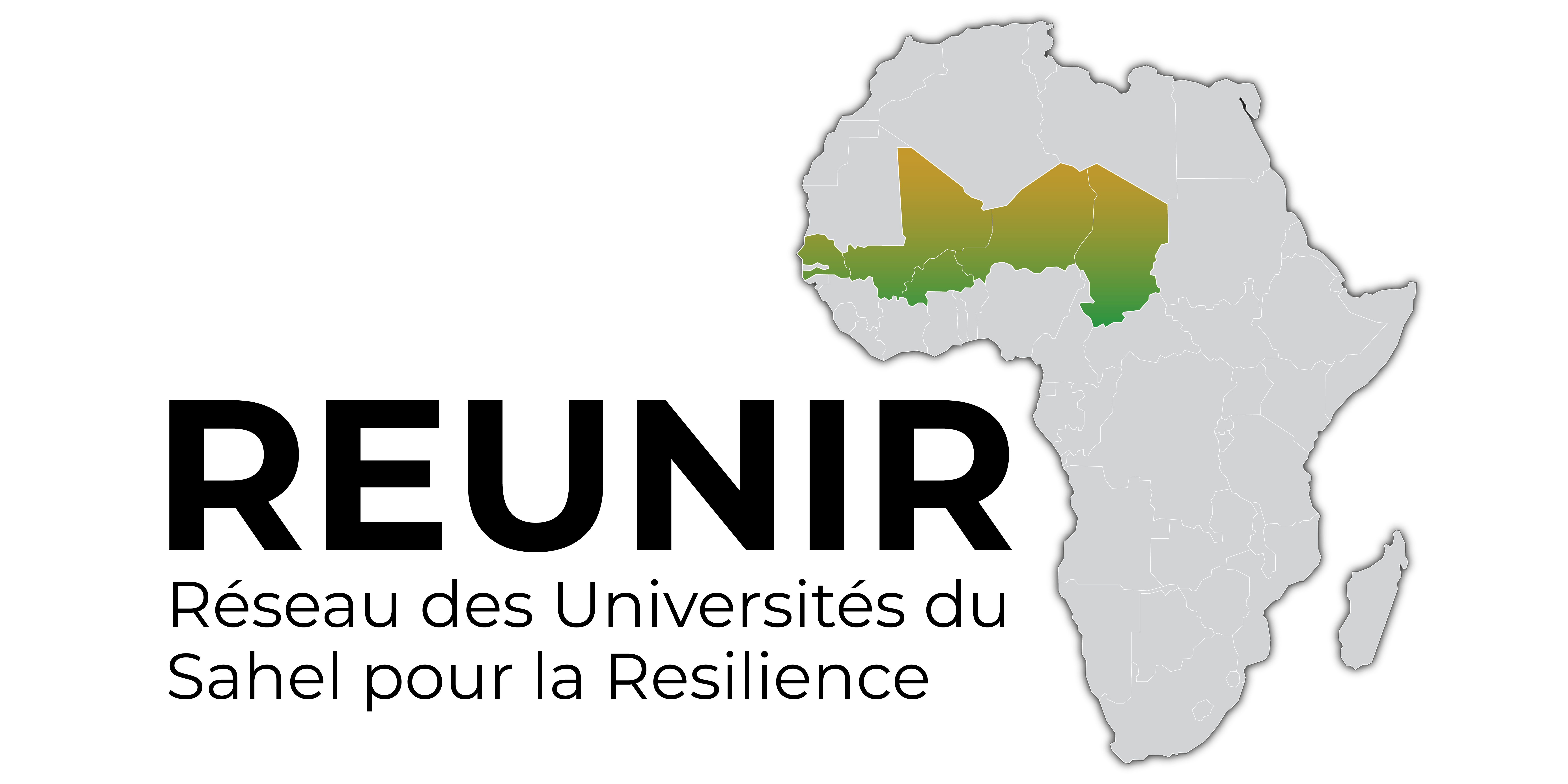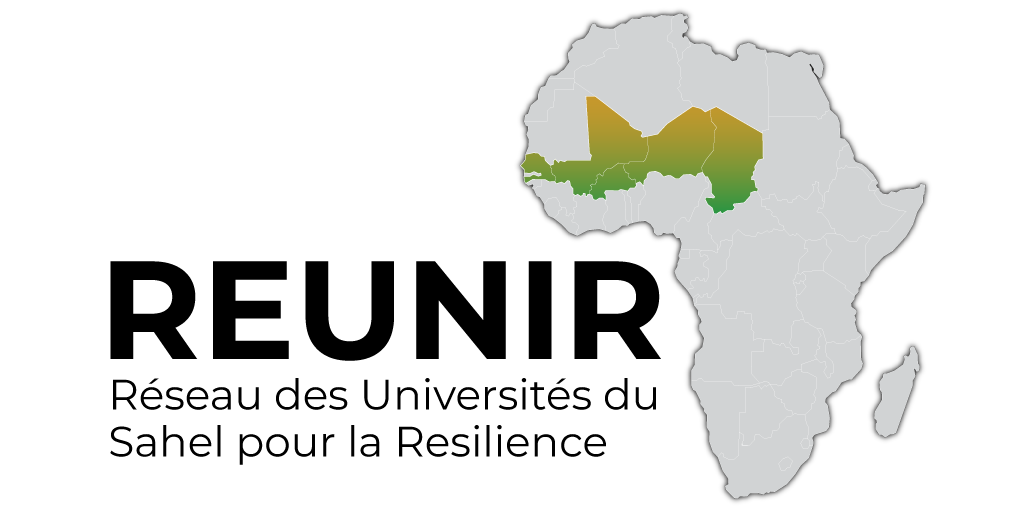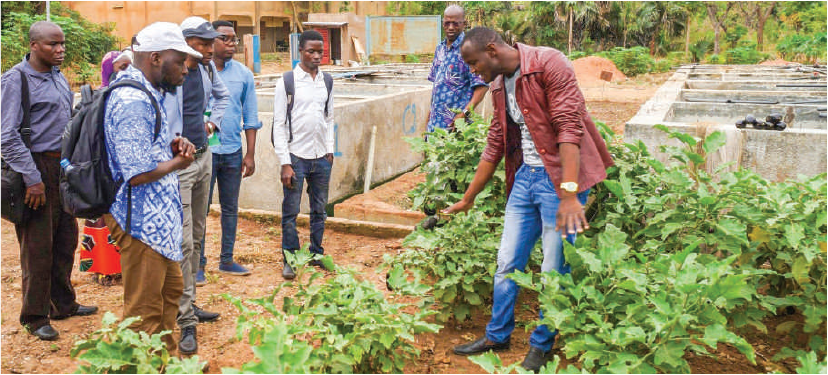The Sahel is the region of West Africa that recurrently faces problems of food and nutritional insecurity, degradation of natural resources and climate change. The Sahel is also a region of Africa that has experienced the greatest increase in hunger over the past decade. Despite the continued efforts of governments and partners to combat food insecurity and malnutrition in the Sahel, it is estimated that 29.2 million people are estimated to be food insecure, including 9.4 million suffering from severe food insecurity and at risk of extreme food deficits.
The need for a global, multi-sectoral and multi-actor approach driven by the World Food Program (WFP)
Aware that deep and lasting transformations cannot be achieved by one entity alone, WFP has initiated strategic partnerships under a global, multi-sector and multi-actor approach, necessary to support communities facing multiple risks and vulnerabilities. It is therefore in the spirit of capitalizing on solid partnerships with a view to achieving the objectives of each party on the issue of resilience in the Sahel, that the WFP, through the Dakar Regional Office, has approached universities in 5 Sahel countries, to bring about a change in the approach and operationalization of resilience interventions in the region. This partnership, initiated seven years ago, and the multiple discussions on issues related to community resilience, as well as the possibilities for collaboration between universities in the region, led to the creation in January 2020 of a Network of Sahel Universities for Resilience (REUNIR) which currently brings together six universities: Abdou Moumouni University of Niamey (Niger), Dan Dicko Dankoulodo University of Maradi (Niger), Nazi Boni University of Bobo Dioulasso (Burkina Faso), the University of N'Djamena (Chad), the Gaston Berger University of Saint-Louis (Senegal) and the Rural Polytechnic Institute (IPR) of Koulikouro (Mali).
Research, innovation and knowledge sharing for resilient communities in the Sahel
The REUNIR network offers a unique opportunity to facilitate cooperation and knowledge sharing on building resilience for food and nutrition security in the Sahel, to advance the institutionalization of resilience tools and to contribute to the formation of the next generation of resilience experts. The REUNIR network has the main objectives of:
- Strengthen research:
- develop and implement regional training programs focused on resilience;
- explore, with communities in the Sahel, new resilience strategies and techniques;
- contribute to improving the quality of scientific and technological research on resilience in the Sahel;
- or even conduct research on key topics for the region such as resilience for food and nutritional security, adaptation to climate change and response to natural disasters.
- Promote innovation and knowledge sharing: consolidate inter-regional cooperation by establishing a platform for exchange and innovation.
- Building strong partnerships around resilience:
- Provide advisory support to partner institutions through teaching and research activities;
- Support member states and partners in the design and development of decision-making support tools;
- develop and implement projects covering all Sahel countries in partnership with regional or sub-regional organizations working in the field of resilience.
The creation of the REUNIR network offers a unique opportunity to facilitate cooperation and sharing knowledge on building resilience for food and nutrition security across the region
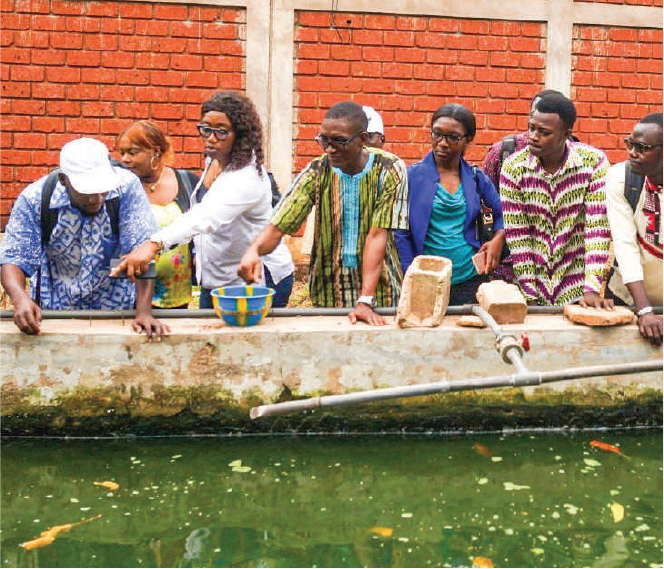
WFP actions for a resilient Sahel
In 2018, WFP worked in close coordination with governments and partners to implement its integrated resilience program in the G5 Sahel countries (Burkina Faso, Chad, Mali, Mauritania and Niger), through multiple integrated activities , combining asset creation, school feeding, nutrition, community capacity building and support during lean times. In practice, it involves bringing life and productivity potential back to degraded land, bringing children back to school,
invest in healthy diets for mothers and children, create jobs for young people and strengthen social cohesion in entire communities. PAM's support for the REUNIR network aims to enable it to grow sustainably, achieve its objectives and achieve its medium-term priorities, including: opening the network to other universities in the Sahel; strengthen the mobility of students and teachers within REUNIR member countries; or even set up continuing training for staff of decentralized services of technical ministries assigned to the field.
As part of this partnership with member universities of the network, workshops and field visits are organized in order to capitalize on and share different experiences in terms of resilience, to create not only an environment favorable to a better understanding of resilience. "Resilience" approach but also to support its strengthening in a sustainable, coherent and strategic manner at the level of Sahel countries and university institutions, partners of the WFP. WFP remains a key partner for the REUNIR network, with which it has developed three main areas of collaboration:
- Field research: deployment of master's and doctoral students from universities to WFP resilience sites to carry out research for their theses, and whose experience and research results can feed into planning and development resilience programs, improve the technical quality of interventions and capitalize on concrete solutions to strengthen food security and resilience to climatic and economic shocks in the Sahel.
- The development of training modules: support for the development of training modules and a standardized range of climate-sensitive assets, among others.
- Training and knowledge sharing: joint organization of technical training for WFP staff, cooperation partners and decentralized government services in order to strengthen their capacities.
